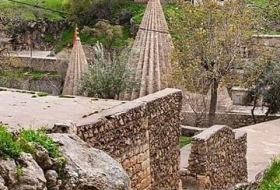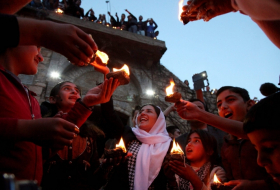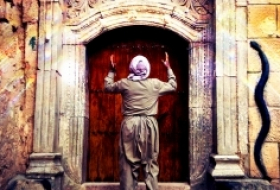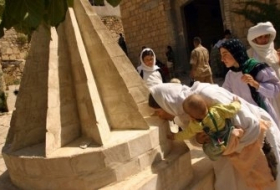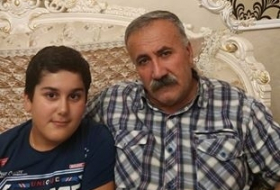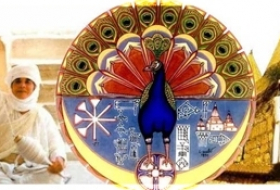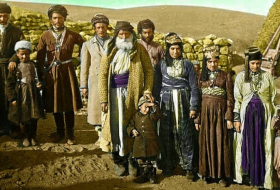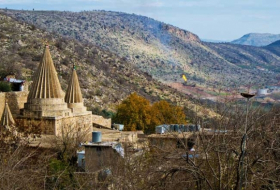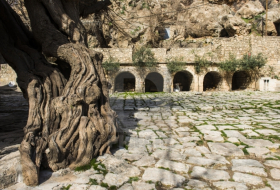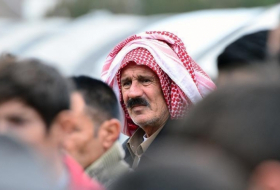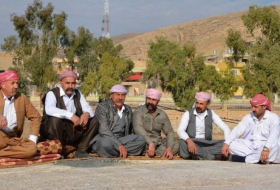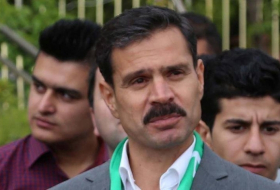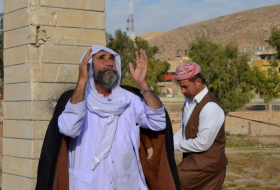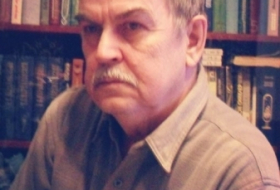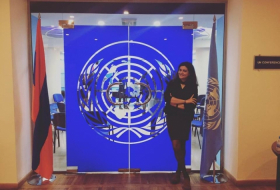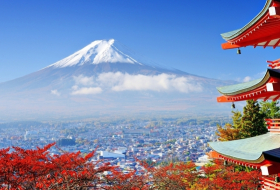Warabi or small shelter to the Kurds/Yazidis of the self Warabistan
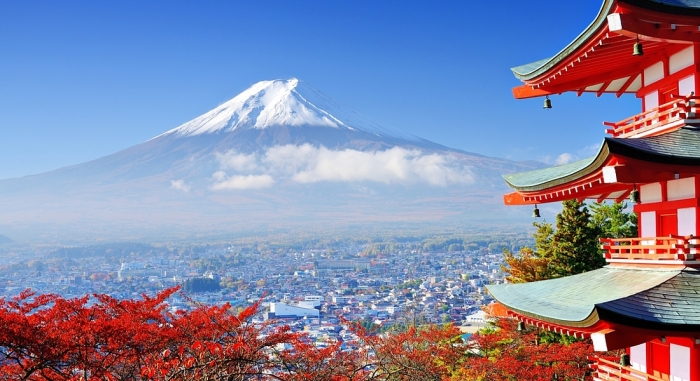
In a country like Japan, with a growing demographic crisis and labor shortages and a steady decline in population, the word "immigration" raises suspicion, fear and uncertainty.
In 2016, according to statistics, Tokyo accepted only 28 out of 10,901 asylum seekers.
However, in warabi, a working class neighborhood in the Northern suburbs of the Japanese capital, was established the community of about 1,300 Kurdish-Yazidi refugees. A sense of pride and historical identity has pushed these people to rename this district to "warabistan". Living in complete uncertainty, these people balance between legality and temporary work and under the control and risk of expulsion. As in the modern Dante's limbo, the main characters do not realize the carriers of the original sin, which they did not commit. They face the eternal burden of not being accepted by a deeply nationalist society that is reluctant to integrate and yet desperately needs this workforce in a key sector of the Japanese economy, such as the construction industry.
"MEIWAKU" is the only Japanese word that describes the concept: fear of hurting your interlocutor. This is a Golden rule in all areas of Japanese society, where the fear of saying "no" is often a complex series of turns of words and expressions that can convey the same meaning.
Although the Yezidis are considered to be invisible and unwanted, they do not get political asylum, renewable and "special permit" from the Japanese government. This permit lasts from three to six months and does not allow them to engage in any work activity. Workers are at risk of being fired without notice when they are paid in cash, without a regular contract and without medical care. Rent an apartment, open a Bank account and even buy a phone number can be very difficult without resorting to figureheads. Strict immigration laws and the low willingness of the Japanese to accept the most modest jobs have created a paradoxical situation in which the majority of asylum seekers work illegally in the construction and demolition industries.
This is a key business sector in the country. When a house is inherited In Japan, it is a tradition to demolish it and build a brand new house in its place on the family's plot of land. In fact, while in other countries of the world the real estate market mainly consists of used houses, they make up only 15% in the Land of the Rising Sun, which requires constant demand for labor on construction sites.
The shortage of labor in this sector has led Prime Minister Shinzo Abe to say that Japan should invest more in the labor force of older people and women before considering immigrants. The urgent need to attract Japanese workers to the construction sites led to the creation of a promotional website, the motto of which is "women working in the construction sector are strong!"
On the other hand, Japanese businessmen would like the government to reform the immigration policy. With the start of work for the 2020 Olympic games in Tokyo is expected to further increase the demand for labor, so the construction sector is in desperate need of foreign labor. According to a recent survey of 259 large Japanese companies, 76 percent are in favor of opening the country to immigrant workers. Despite this, Japan plans not only to use thousands of new foreign "trainees" to build the infrastructure of the Olympic games, but also to extend the so-called "training course" from three to five years.
In this context, the children of immigrants who have lived in Japan for many years, who attend Japanese schools and who struggle for integration, although they speak Japanese perfectly, do not receive any benefit. On the contrary, if one of the parents receives the status of "Kariome", their children will also inherit this status. This is the status of "Kariome" a kind of probation, who makes not to leave the territory of the residence gets to work and provides for detention in the event of noncompliance. This effectively creates further marginalization. In 2016, Japan was the fourth largest financier of the United Nations high Commissioner for refugees, preferring to donate to international humanitarian organizations rather than welcome refugees who have lived and worked with its people for many years.
Tags: #yazidisinfo #yazidi #ezidi #yazidinews
